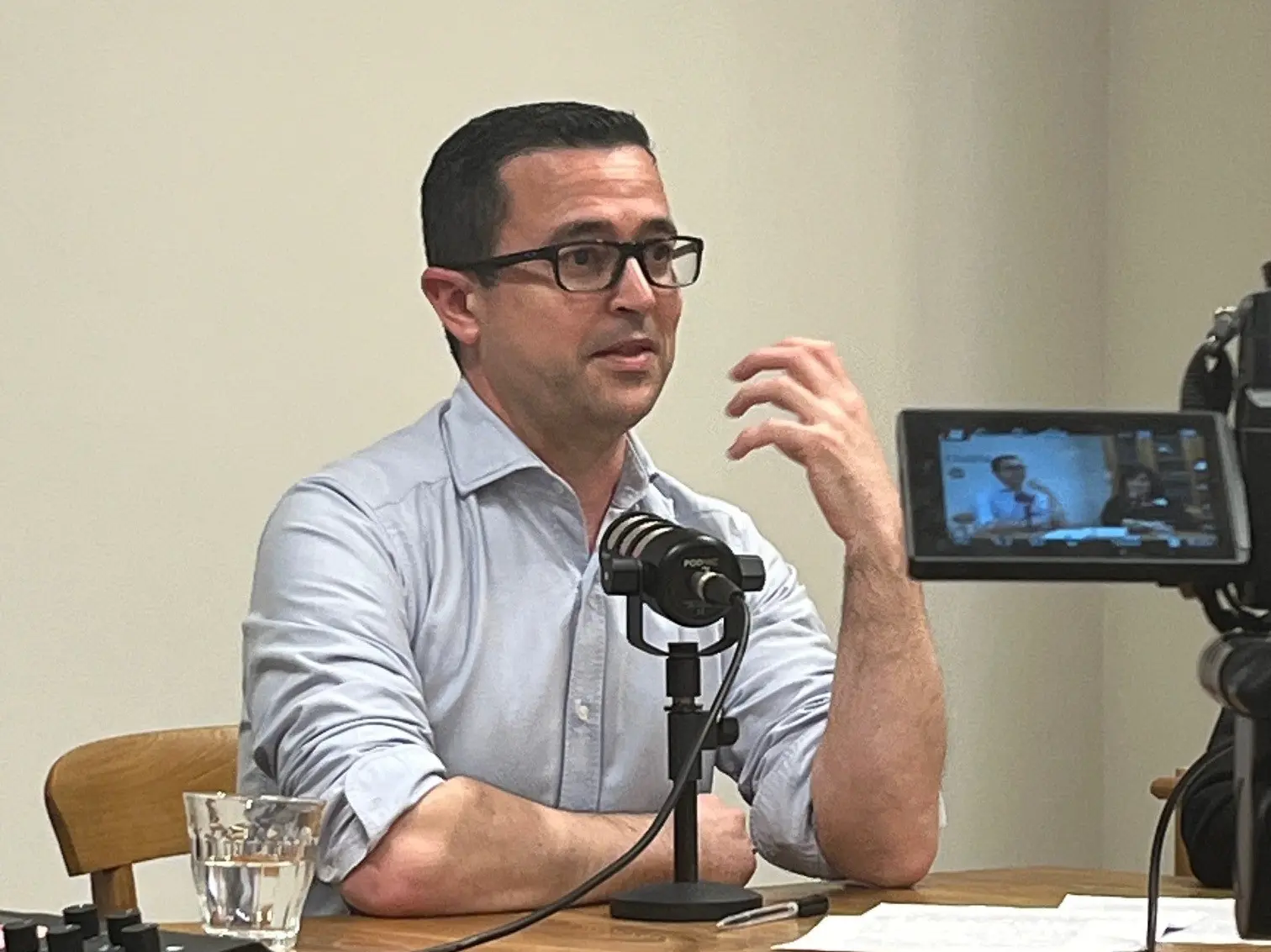
What makes this study unique compared to other research being conducted on Crohn’s disease?
This study is unique because it focuses on the predictive power of DNA methylation patterns for therapy response. While most Crohn’s disease researches emphasize genetic mutations or inflammatory biomarkers, this study investigates the role of epigenetic biomarkers, leading to a new perspective on therapy response prediction. In addition, this research emphasizes the importance of epigenetic modifications in the pathophysiology of complex diseases such as Crohn’s disease and Psoriasis, leading to advancements in precision medicine.
How does DNA methylation differ from genetic markers in predicting disease and treatment response?
Unlike single nucleotide polymorphisms (SNPs) and mutations, that involve permanent changes in the DNA, methylation affects gene expression by altering DNA accessibility to transcription, not altering the DNA sequence itself. This process is highly dynamic and can therefore be influenced by several factors, including environment, lifestyle, and diet. This makes DNA methylation potentially responsive to treatment or disease progression. Hopefully, DNA methylation patterns can help to identify disease subtypes, monitor treatment responses, and predict relapses, offering a more personalized approach to disease management. Therefore, DNA methylation models might be a valuable tool for managing complex diseases such as Crohn’s disease and Psoriasis.
How might this research impact the future treatment strategies for Crohn’s disease?
This research might significantly impact future treatment strategies for Crohn’s disease. By identifying specific methylation signatures associated with response to different biologic agents available, it can enable more precise and personalized treatment plans. Current therapy choices rely on a so-called ‘trial-and-error’ approach, often leading to long trajectories of inadequate treatment. By using DNA methylation-based therapy prediction models, the suitable therapy option can be started in an earlier phase.







